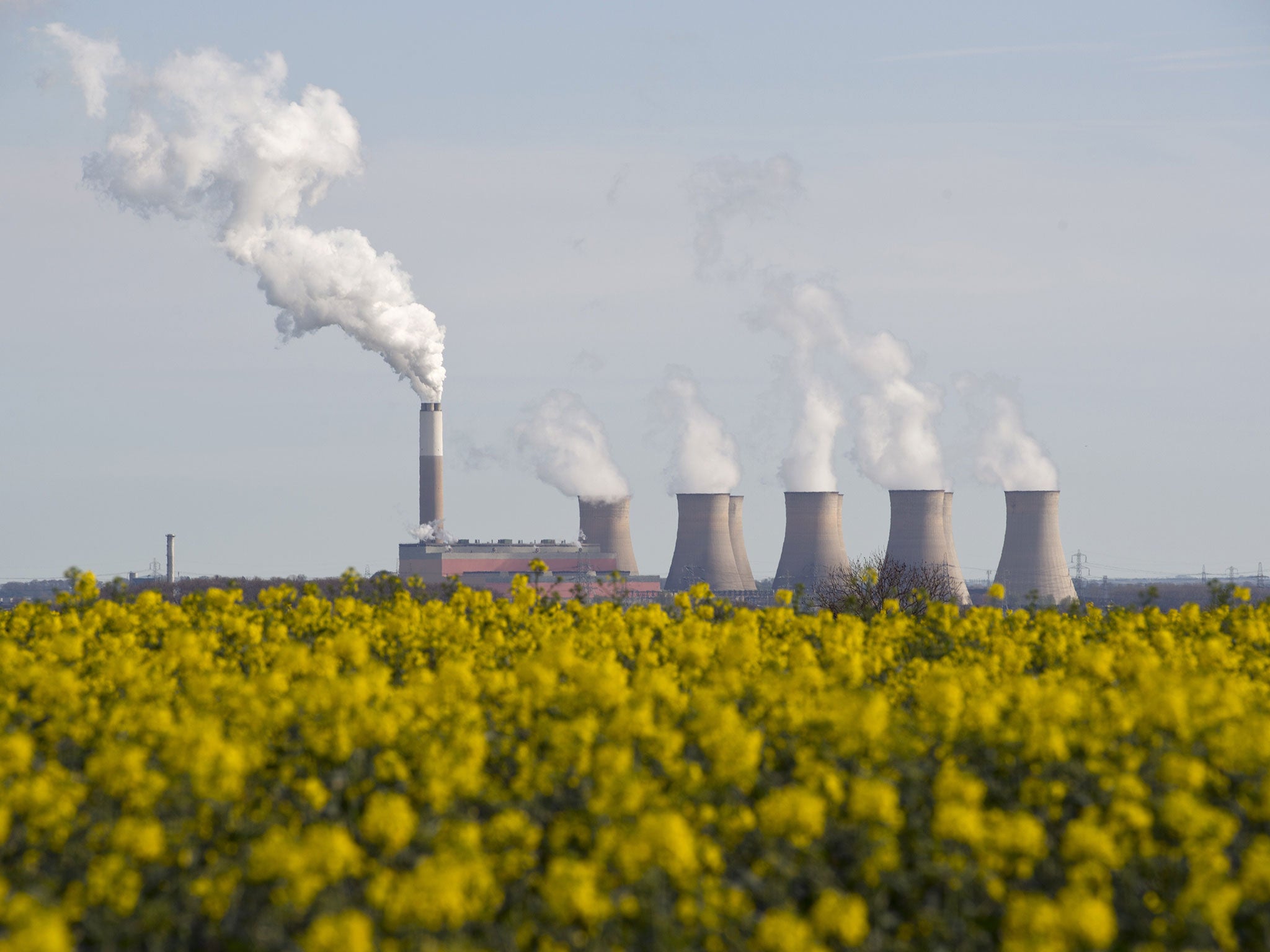Energy companies' fuel reserves contain five times the amount of carbon dioxide that can be safely burned, report says
The top 200 private coal, oil and gas firms currently own fuel reserves containing 555 gigatonnes of carbon dioxide

Your support helps us to tell the story
From reproductive rights to climate change to Big Tech, The Independent is on the ground when the story is developing. Whether it's investigating the financials of Elon Musk's pro-Trump PAC or producing our latest documentary, 'The A Word', which shines a light on the American women fighting for reproductive rights, we know how important it is to parse out the facts from the messaging.
At such a critical moment in US history, we need reporters on the ground. Your donation allows us to keep sending journalists to speak to both sides of the story.
The Independent is trusted by Americans across the entire political spectrum. And unlike many other quality news outlets, we choose not to lock Americans out of our reporting and analysis with paywalls. We believe quality journalism should be available to everyone, paid for by those who can afford it.
Your support makes all the difference.Private and state-owned energy companies own reserves of fuel containing more than 3,200 gigatonnes of carbon dioxide – nearly five times the amount that can be burned if the global temperature is to be kept to within safe levels, according to a report.
The World Bank and Bank of England have warned that the need to tackle climate change could render some fossil fuels worthless – potentially costing investors trillions of dollars.
The top 200 private coal, oil and gas firms currently own fuel reserves containing 555 gigatonnes of carbon dioxide, which is close to the maximum amount that scientists believe can be emitted into the atmosphere while still keeping the rise in average temperature to 2 degrees Celsius above pre-industrial levels, The Guardian reported. The carbon in privately owned reserves has gone up by 10 per cent in the last five years.
Stuart Braman, chief executive of Fossil Free Indexes (FFI), a US firm that produced the figures, said: “While the world’s carbon budget goes down every year, as more and more carbon dioxide is spewed into the atmosphere, the potential emissions [of the 200 companies] are going up.”
Mr Braman said the 200 firms owned more 97 per cent of the carbon held by publicly traded companies and could be used as a guide for those joining the growing movement to divest from fossil fuels.
“Many, many things are needed to get to a low-carbon world, but one of those things is keeping fossil fuels in the ground,” he said.
James Leaton, of the Carbon Tracker Initiative, said investors should take note or risk losing their money.
“The lists show that fossil fuel energy investment decisions are actually concentrated in a small number of companies,” he said.
“Determining where this capital is spent needs to be an important issue for investors, otherwise there is going to be a lot of capital wasted in coming years on developing fossil fuel reserves that cannot be burned.”
Join our commenting forum
Join thought-provoking conversations, follow other Independent readers and see their replies
Comments